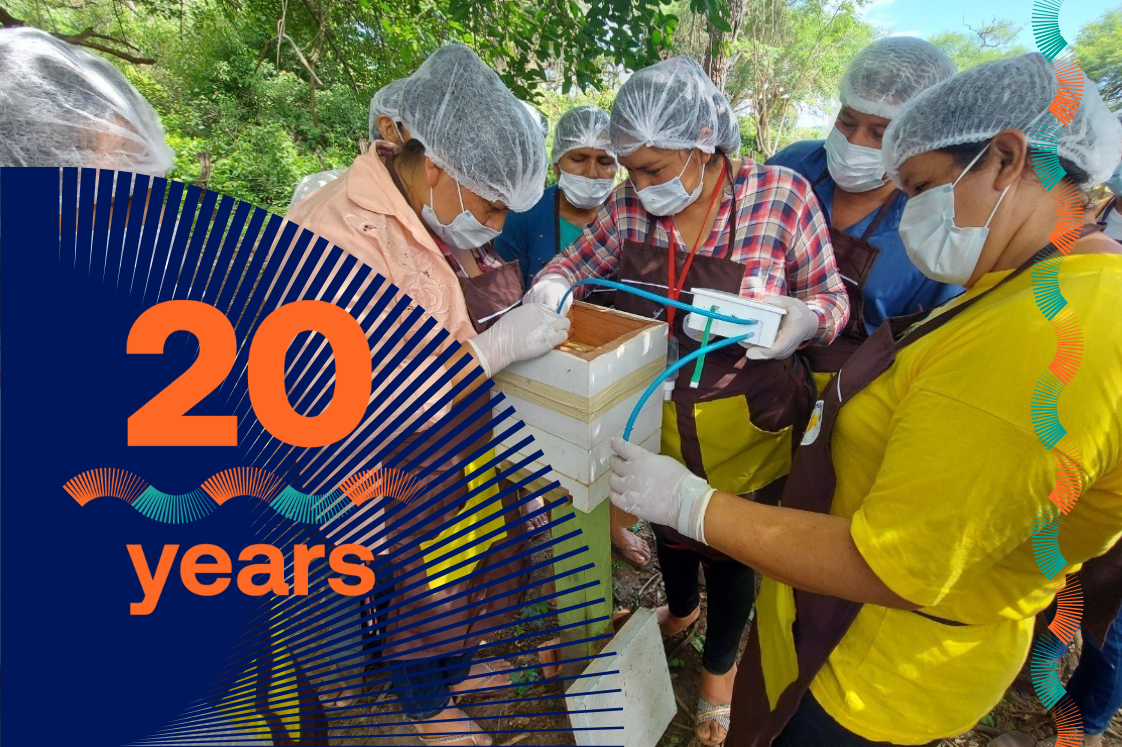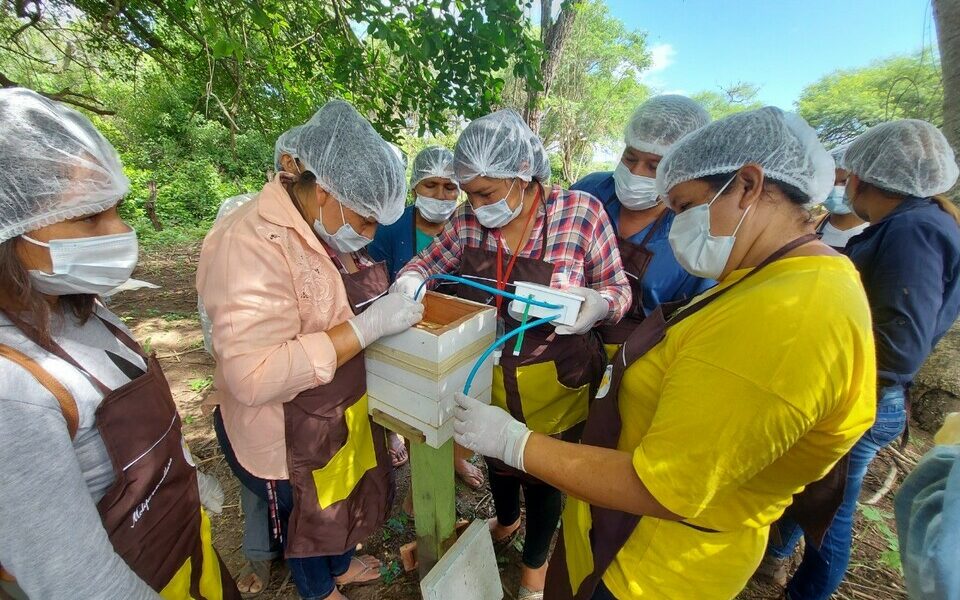What happens when rural women design their own energy solutions – and a project truly listens? In Bolivia, open calls for ideas sparked a wave of innovation. From shredding llama meat to extracting Amazonian oils, women entrepreneurs brought forward what they needed – and EnDev provided tailored support to power up their businesses. With this approach, rural women’s enterprises could grow their ideas, while also challenging the gendered norms of running or leading a business.
A marketplace of many ideas
Bolivia boasts the third-highest level of entrepreneurship in Latin America, with small enterprises driving 80% of its economy. Women play important roles in this: they lead 42% of informal and formal enterprises, and create livelihoods rooted in Bolivia’s diverse eco-regions and indigenous farming systems. Whether drying and shredding llama meat, making shampoo and soap from Amazonian cusi nut oil, keeping indigenous Melipona bees, or baking bread from their own wheat, these enterprises are engines of community development and meaningful income. But they do much of it without electricity – just muscle power.
That’s why EnDev launched the Women’s Energy Fund (FEM). The fund offered these highly manual businesses financial and technical support to facilitate productive use of energy. The women had many ideas on how energy could unlock their entrepreneurial success: a shredding machine to replace the finger-aching work of tearing apart dried llama meat; a solar-powered grinder to free the essential oils from cusi nuts; or an electric vacuum pump to harvest honey from the pot-like hives of the tiny Melipona bees.
FEM brought these ideas and more to life: 29 enterprises and producer associations, from the lowlands to the Altiplano, powered up their businesses. They spanned a variety of production chains, including Amazonian fruits and vegetables, Andean grains, milk, coffee, textiles, and recycling.
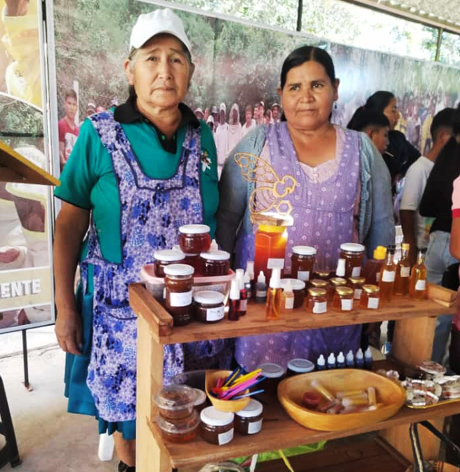
29
enterprise and producer associations supported
FEM business examples
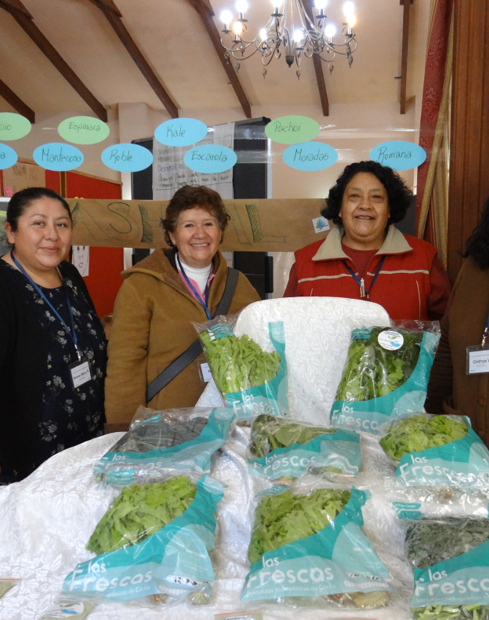
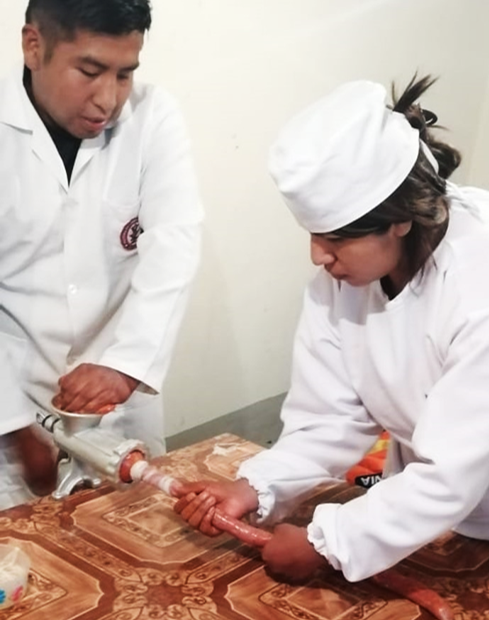
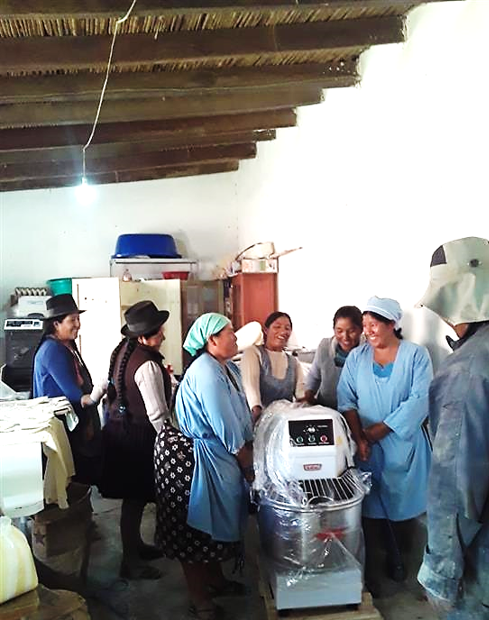
For generations, Indigenous women like Ebelin Ortego have farmed and harvested honey from the bees, known locally as “La Señorita. With support from EnDev Bolivia’s Women’s Energy Fund (Fondo de Energia de Mujer, FEM) Ebelin and other practitioners of meliponiculture are learning how to run a business.
670%
increase in productivity through supported technologies and devices.
The consistently outstanding results led FEM to launch a total of six open calls under EnDev. Altogether, 950 women and 400 men working in enterprises gained access to 155 powered devices. EnDev did more than just co-finance equipment – it trained the groups to perfect their business plans and seize the potential that came when production bottlenecks were removed. With success: The enterprises were able to increase productivity by an average of 670%, while those technologies that sped up laborious tasks provided time savings of 69%.
The success was born out of FEM’s open calls and their wide outreach. Many enterprises already knew EnDev when they saw the calls: the project had been working in Bolivia for nearly 15 years and contributed to electrifying their communities, installation of improved stoves and access to technologies for productive use. NGOs and government departments who had partnered with EnDev also spread the word. In later calls, FEM reached out effectively through popular rural messaging groups. It then used the groups to ask applicants for short videos; filming on their phones, women could effectively demonstrate the problems they wanted to solve.
Through targeted channels and application methods that enabled women to show their innovative ideas, FEM’s open calls raised solutions that EnDev could not have imagined alone. Some technologies needed to be created or adapted for unusual tasks; EnDev co-designed these with the enterprises. One such case was the cusi nut grinder, envisioned by women of the Monte Verde Native Community Land. In meetings, the women considered prototypes and raised green or red cards to show their feelings about each aspect of the design. They weighed in on the solar power source, dimensions, and how well it fit their ways of working, until the design was perfect for their business.
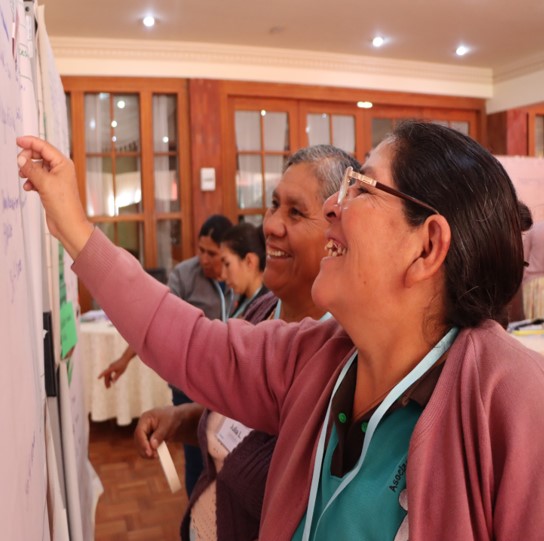
The future is FEMale
FEM acknowledged, however, that the disadvantages holding back Bolivian women are more than just mechanical. It also started holistic efforts to challenge social norms around women’s entrepreneurship, creating an environment where women could share their experiences and build confidence together to negotiate changes in household and community dynamics.
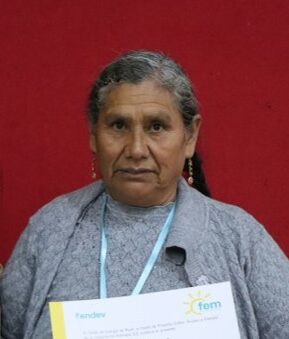
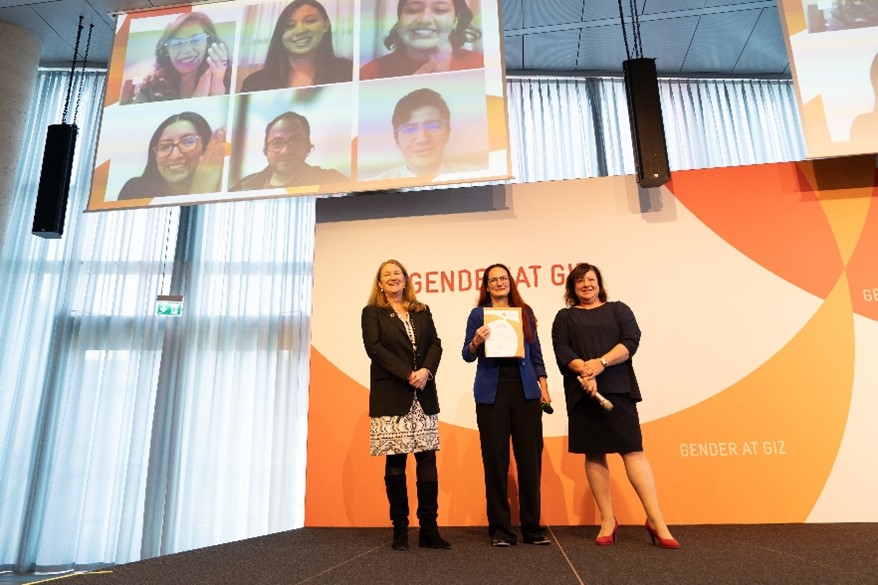
As a consequence, women said they felt more empowered and confident, and noted growing respect within their communities and households, both for their enterprises and for themselves as agents of change. FEM and its partner enterprises became well known across rural Bolivia, and received international recognition in the 2024 GIZ Gender Competition for their exceptional approach to promoting gender equality in rural enterprises.
A model that lives on
Bolivia, which honours energy access as a fundamental right in its 2009 constitution, is pushing to reach 100% electrification soon. As this coverage grows, women continue to innovate in its productive use. EnDev has transferred FEM to the NGO Practical Action and the government’s Plurinational Authority of Mother Earth (APMT), two strong Bolivian anchors to ensure its continuity. These partners raised support from the United Nations Development Programme to continue the FEM legacy: connecting electrification to rural women’s diverse entrepreneurial successes.
Throughout 2023 and 2024, we assisted APMT in adopting the methodological processes of FEM at the national level. Furthermore, we successfully replicated the experiences of EnDev Bolivia as part of the construction of Long-term Climate Strategies, with a focus on gender inclusion.
- Shirley Pazos, Practical Action
Key take-aways
Choose communication channels wisely
Go outside the box to reach rural women, making the most of existing visibility, partnerships, and their preferred channels.
Co-design solutions
Rather than offering entrepreneurs a list of technologies, listen to their ideas and needs, and co-design solutions to their bottlenecks from the bottom up.
Create safe spaces
Seek holistic ways to challenge norms about women’s entrepreneurship and decision making – creating safe spaces for women but also including men and whole communities
Partnerships power progress
Work with local NGOs and grassroots organisations to create trust, involve more women, and scale up ideas that work.
